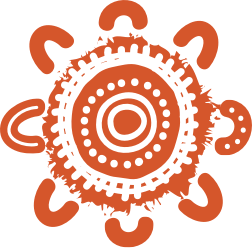It’s important to keep on the lookout for any changes or symptoms in the testicles. The earlier testicular cancer is found, the better. There are a number of symptoms to look out for:
- a painless lump or swelling in either testicle
- a change in how the testicle feels, including one testicle feeling bigger or heavier than the other
- an ache in the lower belly area, lower back or groin
- a sudden build-up of fluid in the scrotum
- pain or discomfort in a testicle or in the scrotum.
Other things can cause these symptoms, not just testicular cancer. But if you notice any of these, yarn with your doctor.
If you have any of these problems, or are worried about something else, yarn with your doctor, nurse or Aboriginal and Torres Strait Islander health worker.






